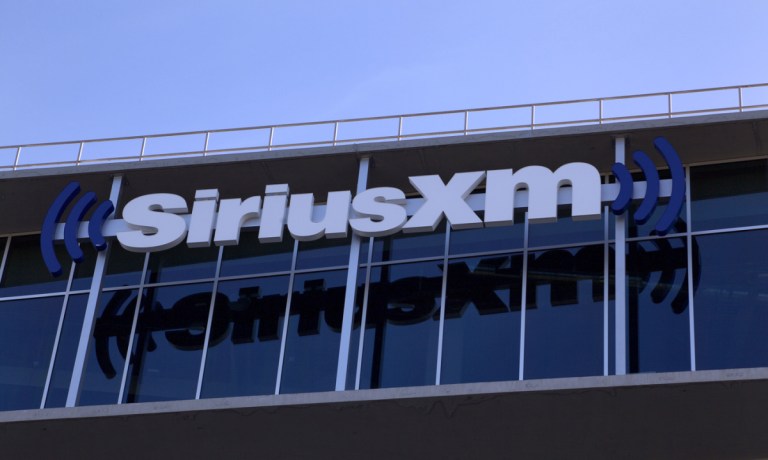Sirius Taps Data-Backed Personalization to Drive Subscription Engagement

As SiriusXM looks to drive usage amid stalled subscriber growth, in the face of ongoing competition from streaming subscriptions, the broadcasting company is turning to personalized recommendations to keep listeners engaged.
The company shared in its third-quarter financial results that subscriber revenue saw a slight year-over-year dip in the period, and monthly active users fell by more than 2 million. Now, the company is turning to personalized recommendations informed by consumer behavior to drive value for in-vehicle listeners.
As CEO Jennifer Witz explained on a call with analysts, the company is introducing ignition-on recommendations, its “most sophisticated in-car personalization yet,” in an effort to keep consumers engaged.
“Recommendations … is one of the core features to enhancing subscription value and retention, and so that will start to come in … as we move into next year,” Witz said.
Certainly, personalization is key for audio-based subscriptions, with SiriusXM challenged to compete with music streaming services such as Spotify, known for their predictive recommendations, and those streamers are only growing more refined in their curated content.
Witz noted that this kind of easy discovery of content to subscribers’ taste goes a long way toward creating a more positive user experience.
“Our subscribers are very passionate about whatever it is, right? Their favorite music channel, whether it’s TikTok or Beatles or even … Billy Joel …[or] sports. … We have such passion around the content we have, but people can’t find it,” Witz said. “We need to build an engagement platform and a set of products that facilitate discovery without having to do all of that work, just like other streaming products.”
Many consumers are cutting back on entertainment subscriptions as compounding financial challenges prompt them to make difficult decisions about which monthly payments they can afford and which they must give up. The PYMNTS Intelligence report “The One-Stop Bill Pay Playbook: Drivers of Consumers’ Bill Payment Priorities,” created in collaboration with Mastercard, which drew from a survey of more than 2,100 U.S. consumers, revealed that when people are unable to pay all their bills, streaming subscriptions are first to go.
As artificial intelligence (AI) boosts brands’ predictive capabilities, personalized recommendations are increasingly becoming the norm across industries. Financial institutions have been introducing personalized insights and customized app dashboards for authenticating users.
Mastercard subsidiary Dynamic Yield, meanwhile, has been leveraging its parent company’s vast aggregated and anonymized data sets for its “hyper-personalization” capabilities in an effort to meet ever-higher demands for tailored experiences not just in eCommerce but in banking and other verticals.
“[The vast majority] of consumers say that they expect to see personalization in the day-to-day apps that they use,” Dynamic Yield CEO Ori Bauer told PYMNTS’ Karen Webster. “At this point, 98% of the companies that we talk to say that they view personalization as an important capability that they need to have.”
Moreover, as Jason Knell, senior director of commerce services GTM and content partnerships at Adobe, told PYMNTS in an interview, personalization goes a long way towards helping firms move beyond one-size-fits-all approaches to end-user stickiness and retention.
“If you think about physical experiences and interactions, whether it’s in a commerce setting or others, they’re always tailored and personalized,” Knell said in a conversation for the series “What’s Next in Payments.”